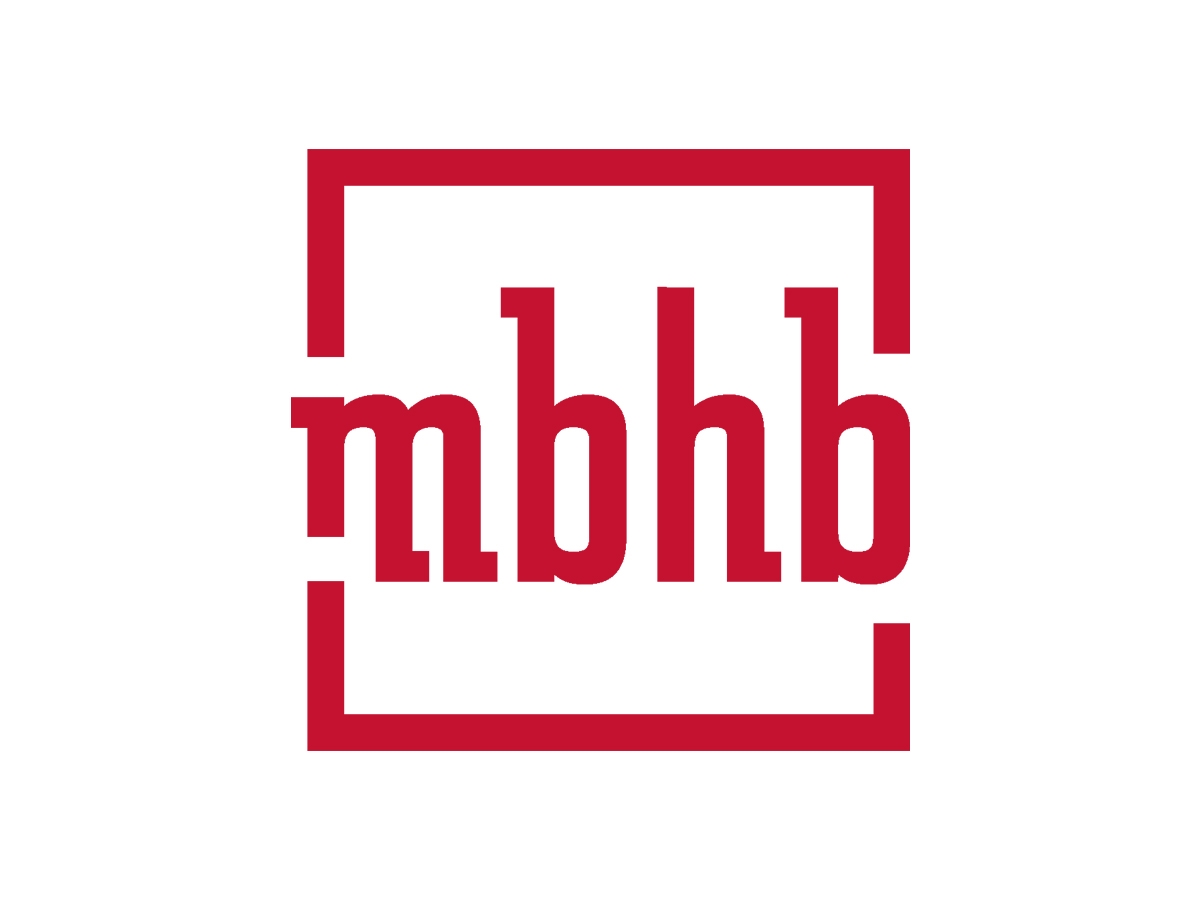Capital One to Acquire Discover, Creating a Consumer Lending Colossus
Capital One announced on Monday that it would acquire Discover Financial Services in an all-stock transaction valued at $35.3 billion, a deal that would merge two of the largest credit card companies in the United States.
“A space that is already dominated by a relatively small number of megaplayers is about to get a little smaller,” said Matt Schulz, chief credit analyst at LendingTree.
Capital One, with $479 billion in assets, is one of the nation’s largest banks, and it issues credit cards on networks run by Visa and Mastercard. Acquiring Discover will give it access to a credit card network of 305 million cardholders, adding to its base of more than 100 million customers. The country’s four major networks are American Express, Mastercard, Visa and Discover, which has far fewer cardholders than its competitors.
But consumer advocates pushed back on the possible deal, saying it posed antitrust concerns. “It is very difficult to imagine how federal regulators could allow Capital One to buy Discover given the requirement that mergers benefit the public as well as insiders,” Jesse Van Tol, the chief executive of the National Community Reinvestment Coalition, said in a statement.
The acquisition by Capital One will be one of the first tests of regulatory scrutiny on bank deals since the Office of the Comptroller of the Currency said last month that it intended to slow down approvals for mergers and acquisitions.
“It’s hard to know which way it would go, but there will certainly be a lot of attention paid to this deal because of the money and magnitude of the companies involved,” said Mr. Schulz.
Complicating the landscape is the fact that other deals in the financial industry have come under renewed scrutiny, said David Schiff, a senior partner at West Monroe, a digital services consulting firm. These include New York Community Bank’s acquisition of billions of assets from Signature Bank during the regional banking crisis last year.
New York Community Bank recently reported a sizable loss for its most recent quarter, and said it would set aside more capital to act as a buffer against future problems. Much of its troubles stem from the weakening commercial real estate market, but Mr. Schiff said that politicians could point to the deal as an example of one that regulators were too quick to approve.
As part of the acquisition, Capital One will pay Discover shareholders a 26 percent premium based on the company’s closing stock price on Friday. At the close of the deal, which is subject to regulatory approval and is expected in late 2024 or early 2025, Capital One shareholders will own approximately 60 percent of the combined company and Discover shareholders will own the rest.
Discover was valued at about $28 billion when the market closed on Friday, and Capital One was valued at about $52 billion.
The deal is part of Capital One’s strategy to build a global payments network, helping it work directly with merchants and small businesses. And it gives Discover greater scale to compete with other credit card companies. Capital One said the agreement would generate $2.7 billion in pretax savings.
“Our acquisition of Discover is a singular opportunity to bring together two very successful companies with complementary capabilities and franchises, and to build a payments network that can compete with the largest payments networks and payments companies,” Richard Fairbank, founder, chairman and chief executive of Capital One, said in the statement.
In June, Capital One acquired Velocity Black, a digital concierge company that brings together travel, entertainment, shopping and dining offerings for consumers.
Discover is emerging from a period of turbulence. The company’s former chief executive, Roger Hochschild, stepped down in August amid a regulatory review of incorrectly classified credit accounts. In October, the company said it was taking steps to improve its corporate governance, and in December, it announced its new chief executive, Michael G. Rhodes. The company’s profit in the fourth quarter of 2023 fell 62 percent from the same period the year before.
The once-giant retailer Sears introduced the Discover card in 1985. Discover later became a part of Morgan Stanley before the investment bank spun it out through an initial public offering of stock in 2007.
Given Discover’s recent challenges, the question is whether “regulators view this as a white knight coming in to help fix a troubled player in the market or whether they view this as a limitation of competition — and therefore something to avoid,” Mr. Schiff said.
Rob Copeland contributed reporting.






